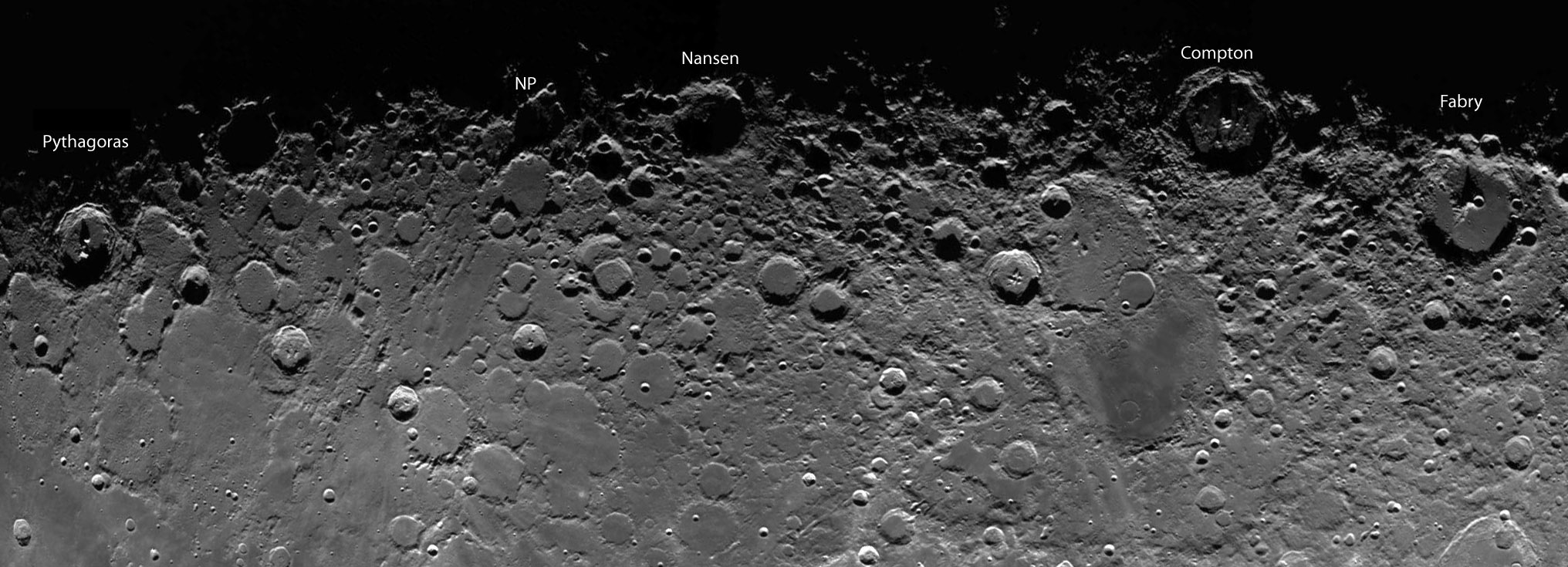Difference between revisions of "May 13, 2009"
| Line 3: | Line 3: | ||
<!-- ws:start:WikiTextHeadingRule:2:<h1> --> | <!-- ws:start:WikiTextHeadingRule:2:<h1> --> | ||
<!-- ws:start:WikiTextLocalImageRule:8:<img src="/file/view/LPOD-May13-09.jpg/73207559/LPOD-May13-09.jpg" alt="" title="" /> -->[[File:LPOD-May13-09.jpg|LPOD-May13-09.jpg]]<!-- ws:end:WikiTextLocalImageRule:8 --><br /> | <!-- ws:start:WikiTextLocalImageRule:8:<img src="/file/view/LPOD-May13-09.jpg/73207559/LPOD-May13-09.jpg" alt="" title="" /> -->[[File:LPOD-May13-09.jpg|LPOD-May13-09.jpg]]<!-- ws:end:WikiTextLocalImageRule:8 --><br /> | ||
| − | <em>Galileo mosaic from [http://ciclops.org/ir_index/86/Galileo_PIA_00069-00139 | + | <em>Galileo mosaic from [http://ciclops.org/ir_index/86/Galileo_PIA_00069-00139 Ciclops website]</em><br /> |
<br /> | <br /> | ||
Here, after decades of hiding in plain view, is a good image map of the north polar region. LPOD loyalist Michael Packer has reminded me <br /> | Here, after decades of hiding in plain view, is a good image map of the north polar region. LPOD loyalist Michael Packer has reminded me <br /> | ||
| − | that the Galileo probe to Jupiter acquired a number of synoptic views of the Moon that are available on the Ciclops [http://ciclops.org/ | + | that the Galileo probe to Jupiter acquired a number of synoptic views of the Moon that are available on the Ciclops [http://ciclops.org/ website]. Of course, <br /> |
this North Pole is not as we seen it from Earth but is rolled out to make clear what we see all scrunched up at the limb. One noticeable <br /> | this North Pole is not as we seen it from Earth but is rolled out to make clear what we see all scrunched up at the limb. One noticeable <br /> | ||
feature is that the linear ridges below and left of the North Pole (NP) are not really radial to Imbrium. It would be amazing if they are related <br /> | feature is that the linear ridges below and left of the North Pole (NP) are not really radial to Imbrium. It would be amazing if they are related <br /> | ||
| Line 13: | Line 13: | ||
annotate this image with the names of the major features so it will be more useful. <br /> | annotate this image with the names of the major features so it will be more useful. <br /> | ||
<br /> | <br /> | ||
| − | <em>[mailto:tychocrater@yahoo.com | + | <em>[mailto:tychocrater@yahoo.com Chuck Wood]</em><br /> |
<br /> | <br /> | ||
<strong>Related Links</strong><br /> | <strong>Related Links</strong><br /> | ||
Rükl plate [http://the-moon.wikispaces.com/Rukl+2 2] - 7.<br /> | Rükl plate [http://the-moon.wikispaces.com/Rukl+2 2] - 7.<br /> | ||
| − | A similar Galileo [http://ciclops.org//view_media.php?id=21079 | + | A similar Galileo [http://ciclops.org//view_media.php?id=21079 view] with coordinate grid.<br /> |
<br /> | <br /> | ||
<hr /> | <hr /> | ||
Revision as of 18:57, 17 January 2015
Northern Arc

Galileo mosaic from Ciclops website
Here, after decades of hiding in plain view, is a good image map of the north polar region. LPOD loyalist Michael Packer has reminded me
that the Galileo probe to Jupiter acquired a number of synoptic views of the Moon that are available on the Ciclops website. Of course,
this North Pole is not as we seen it from Earth but is rolled out to make clear what we see all scrunched up at the limb. One noticeable
feature is that the linear ridges below and left of the North Pole (NP) are not really radial to Imbrium. It would be amazing if they are related
to the much more distant Orientale Basin. Nansen is just on the mean limb as seen from Earth and the terminator to the left is 5-10° beyond
the limb, allowing views of the Stonehenge-like Compton peak-ring basin and flat floored Fabry, both on the farside. Perhaps someone will
annotate this image with the names of the major features so it will be more useful.
Chuck Wood
Related Links
Rükl plate 2 - 7.
A similar Galileo view with coordinate grid.



